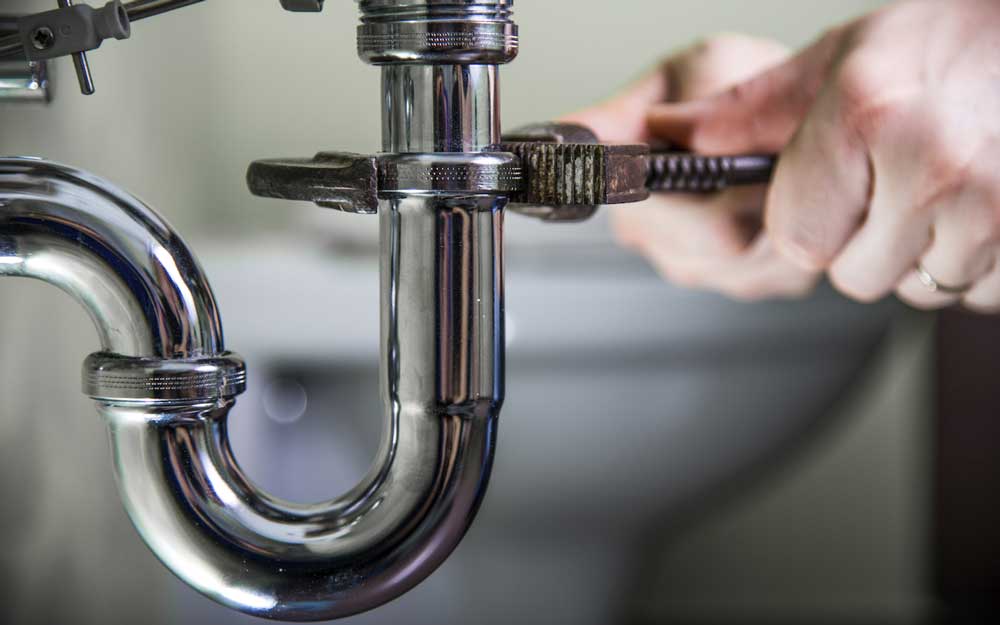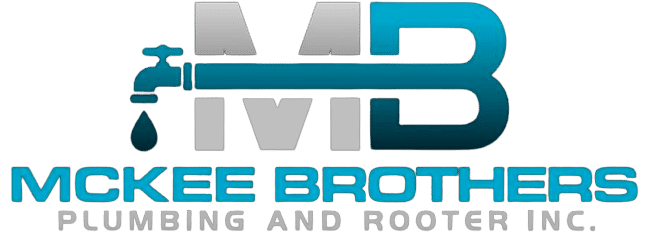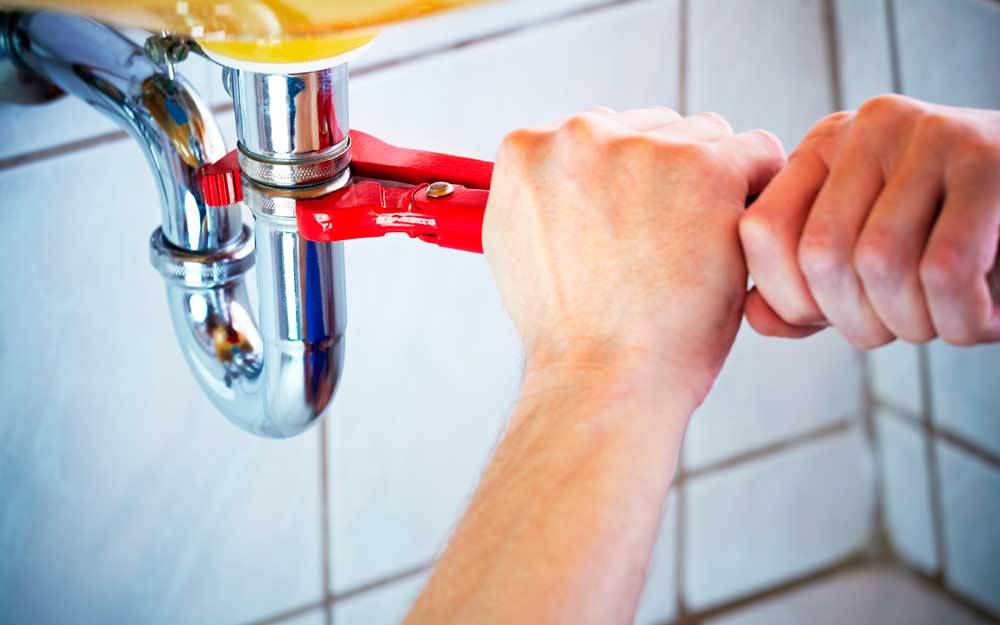Top 5 Things You Should Know About Your Plumbing
Keeping your plumbing in top shape is crucial for a well-functioning home. Understanding key aspects can save you time, money, and stress. Here are the top 5 things every homeowner should know about their plumbing system.

1. Know the Location of Your Main Water Shut-Off Valve
One of the most important things you should know is the location of your main water shut-off valve. In case of a major leak or burst pipe, quickly shutting off the water supply can prevent extensive damage. Typically, this valve is located where the main water line enters your home.
2. Regularly Inspect for Leaks and Drips
Small leaks can lead to more significant problems if not addressed promptly. Regularly check under sinks, around toilets, and in the basement for any signs of water damage or drips. Catching leaks early can save you from costly repairs down the road.
How to Spot Hidden Leaks
Some leaks aren’t immediately visible. Check your water bill for any unexplained increases and look for signs of moisture on walls, ceilings, or floors. Mold or mildew can also indicate a hidden leak.
3. Be Mindful of What Goes Down the Drain
Your plumbing system is designed to handle water and human waste—anything else can cause blockages. Avoid pouring grease, coffee grounds, or food scraps down the kitchen sink. In the bathroom, properly dispose of hair, cotton balls, and hygiene products.
Tips for Keeping Drains Clear
Using drain screens can help catch debris before it clogs your pipes. Additionally, periodically flushing your drains with hot water and baking soda can keep them clear and odor-free.
4. Understand How to Maintain Your Water Heater
Your water heater plays a vital role in your home, providing hot water for bathing, cleaning, and cooking. Regular maintenance, such as flushing the tank to remove sediment build-up and checking the temperature setting, can extend its lifespan and efficiency.
Signs Your Water Heater Needs Attention
If you notice fluctuating water temperatures, discolored water, or unusual noises coming from your water heater, it might be time to call a professional for an inspection.
5. Know When to Call a Professional Plumber
While some plumbing tasks can be handled by handy homeowners, there are times when you should call in the experts. Persistent clogs, low water pressure, or significant repairs should be left to licensed plumbers with the tools and experience to do the job right.
Conclusion
Understanding these key aspects of your plumbing system can help you prevent problems before they start and know when to call professional help. These tips will ensure that your plumbing runs smoothly and efficiently for years to come.


0 Comments